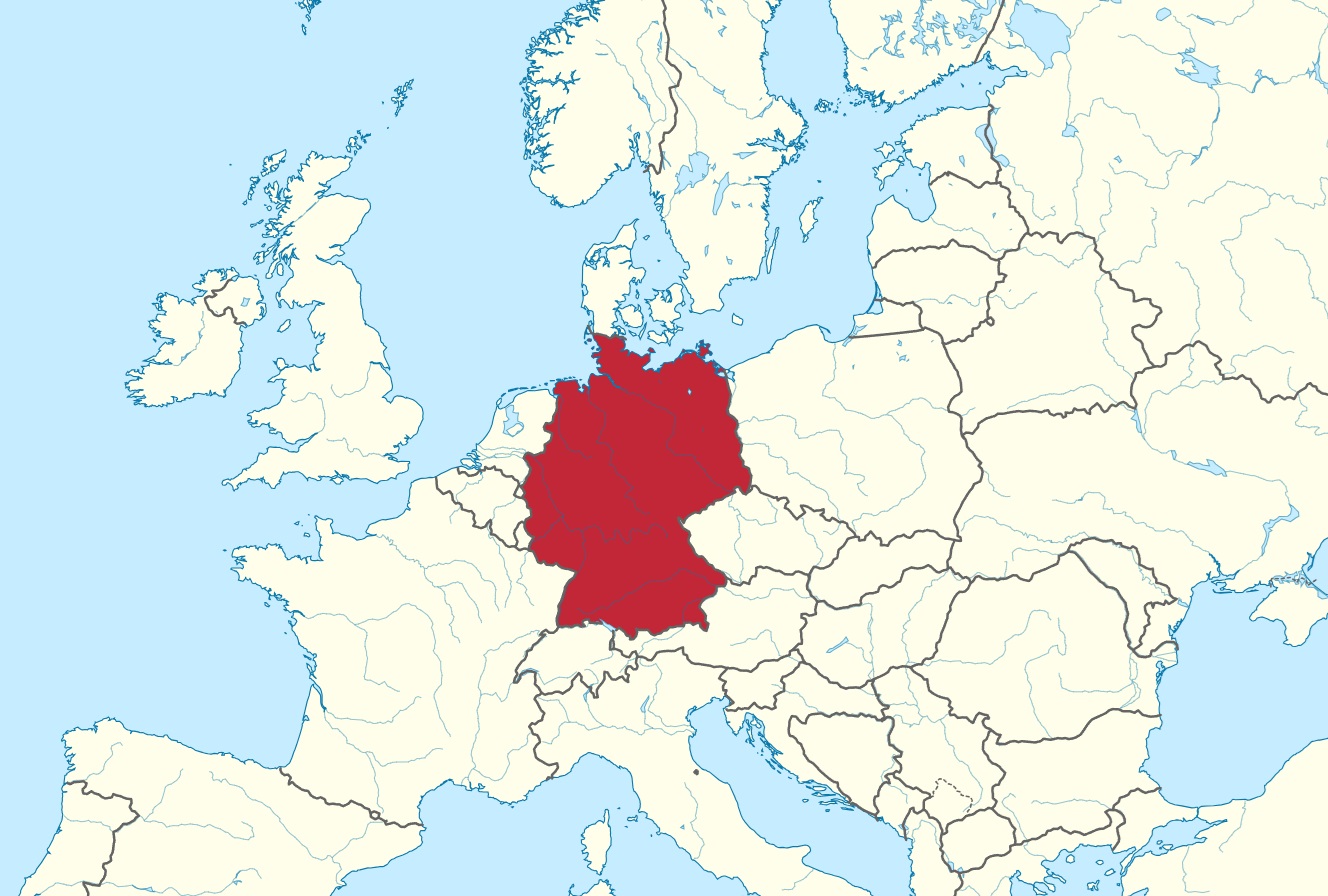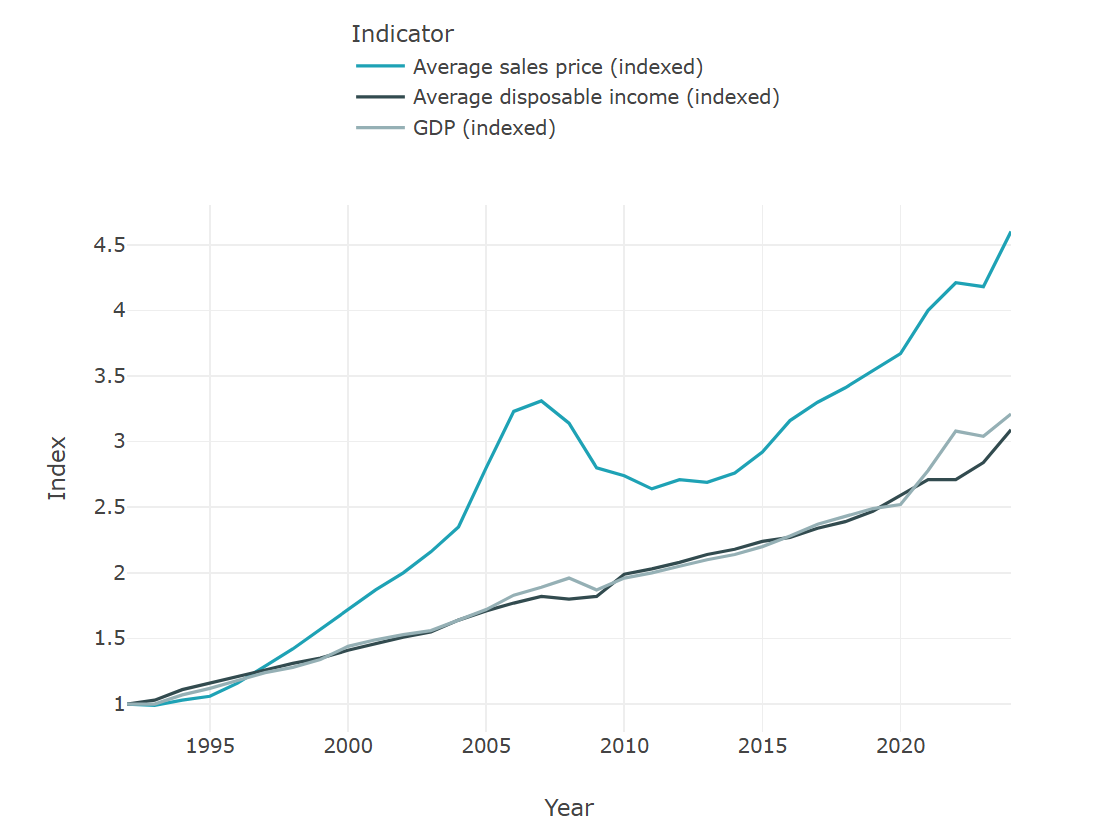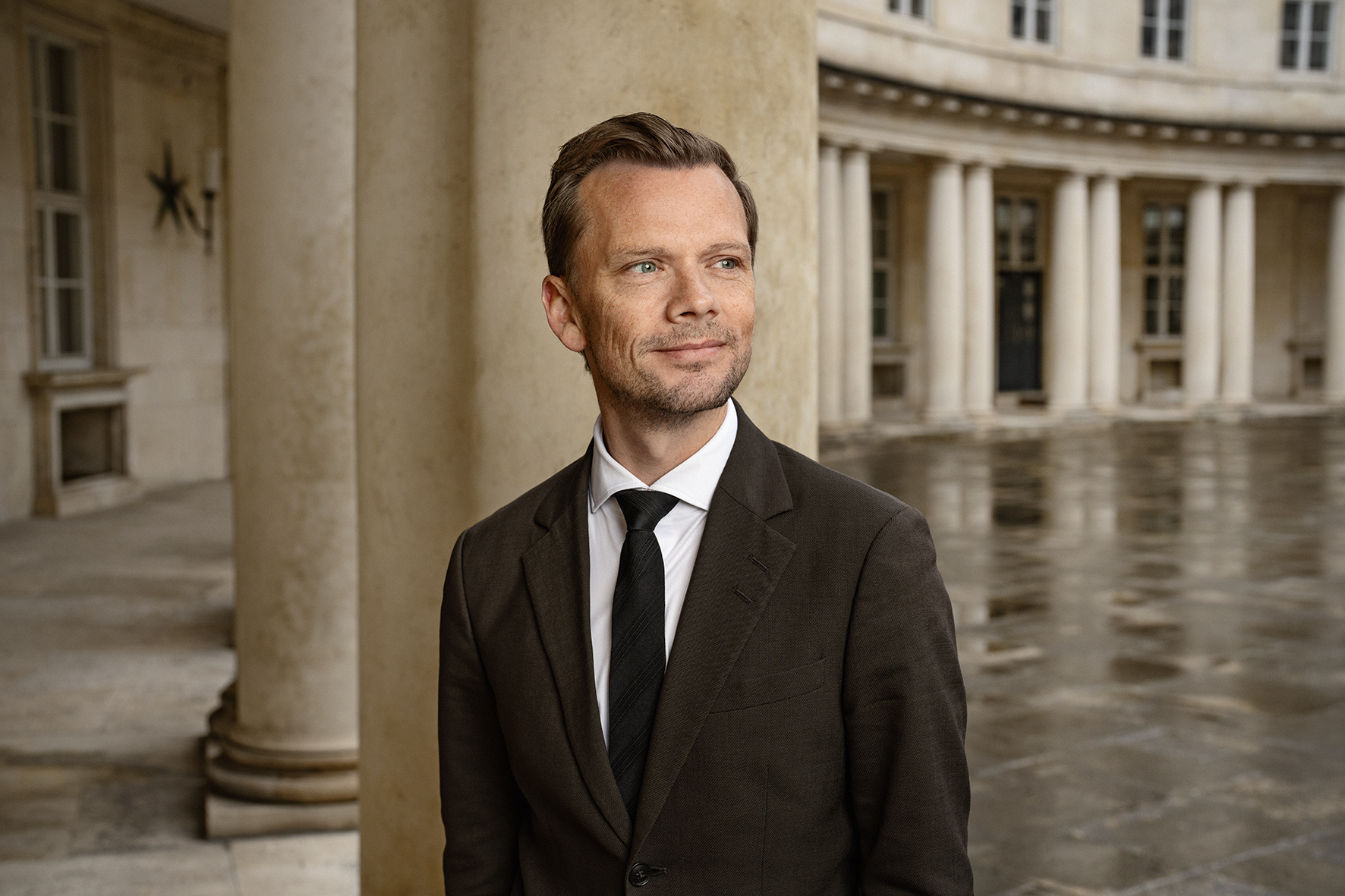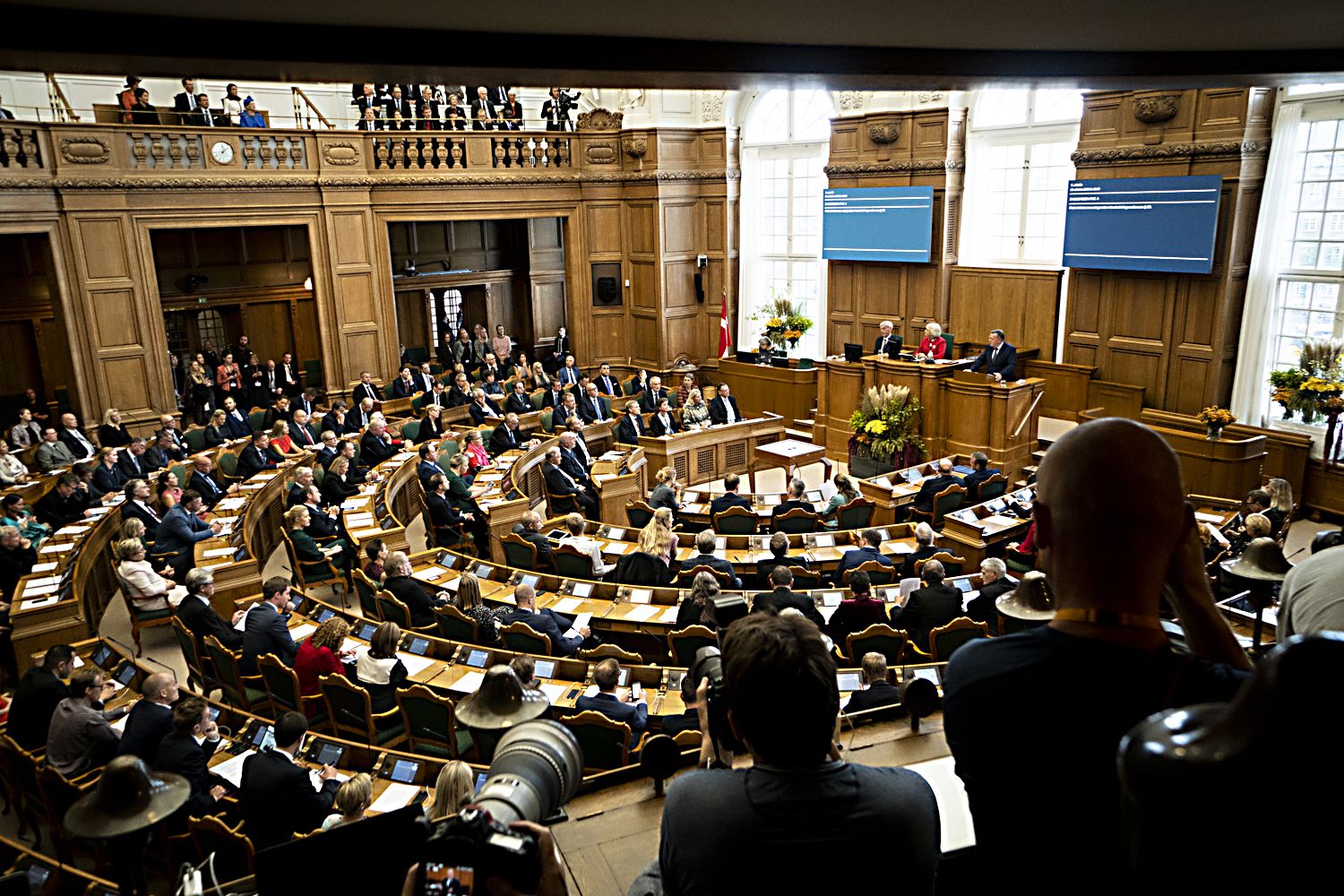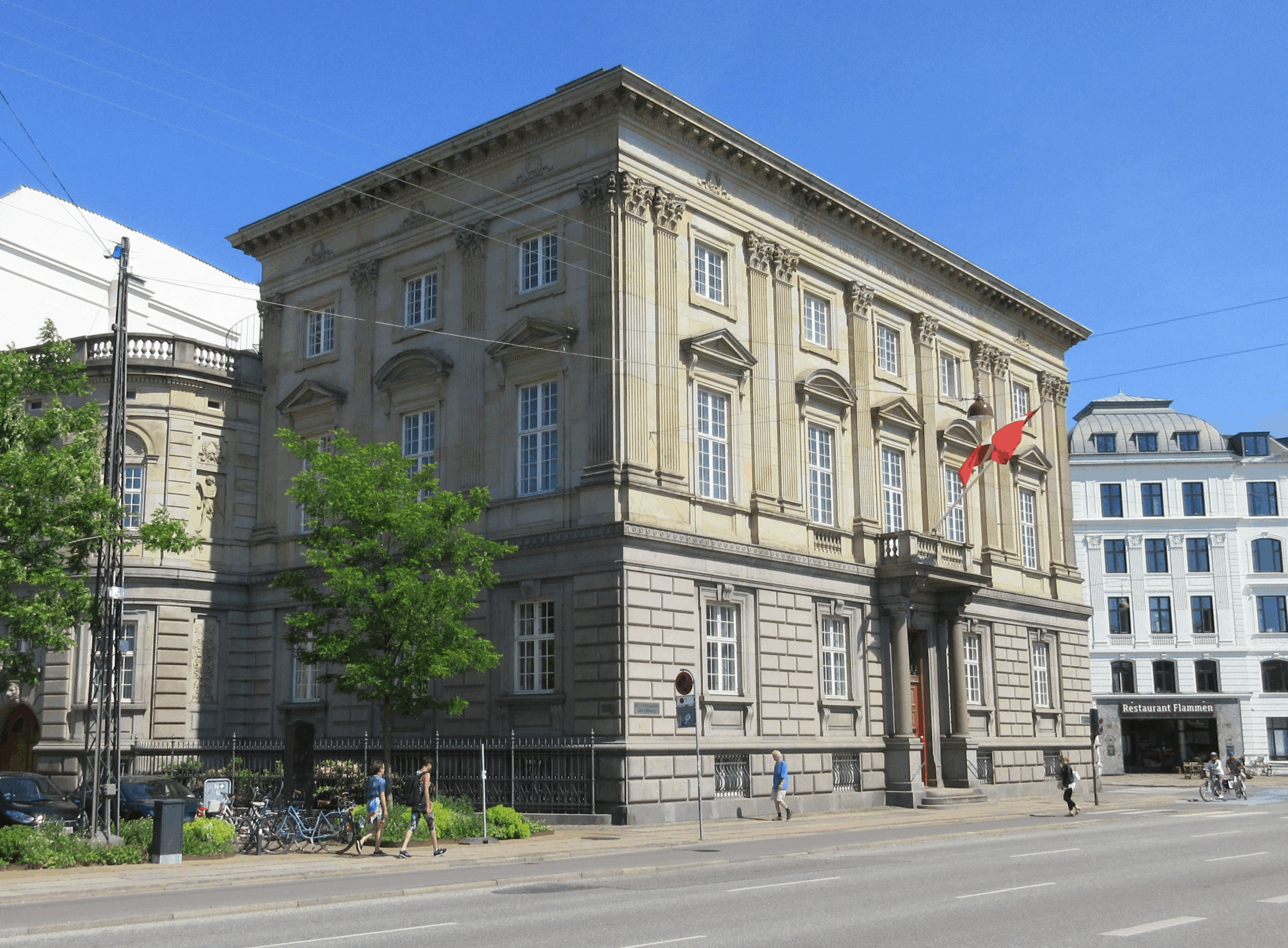Germany on Monday morning introduced a six-month temporary passport control system along all of its land borders.
The measure is intended to “fight cross-border crime and limit the amount of illegal migration”, the German Minister of the Interior Nancy Faeser said, according to the German news agency DPA.
Such measures are meant to be an exception in the EU; Germany sits at the centre of the Schengen Area in which, under the Schengen Agreement, internal border controls among its 29 member states are abolished, with passport checks required only at external borders and airports.
Several neighboring countries expressed concern about traffic jams at the borders, including Denmark, where police on Sunday advised cross-border commuters to leave earlier than usual on Monday to avoid queues, according to Rizau.
Poland’s Prime Minister Donald Tusk said that tightened land border controls are unacceptable for Poland, adding that Warsaw would request urgent talks with all countries affected, according to CNN.
Meanwhile, Greece and Austria warned they would not accept migrants rejected by Germany.
In Germany, the Council for Migration cautioned that the move risks violating EU law:
“The current policy goal of turning back [migrants] seeking protection at Germany’s borders represents a dangerous form of populism in the migration policy debate,” stated the Council, according to CNN.
The German Minister of the Interior Nancy Faeser responded that the border control would be a ‘targeted effort’ in which the frequency and duration of checks will be based on the security situation in each location, according to DPA.
“People in the border regions, commuters and businesses must be affected as little as possible by the controls,” she added.
The German government imposed the temporary measure in response to a bloody attack in the state of North Rhine-Westphalia on 23 August, in which a man killed three and injured eight others at a festival in Solingen.
The suspect was identified as a 26-year-old Syrian man with alleged links to ISIS, who had been due for deportation in the summer of 2023, but had remained in Germany.
The case has intensified the political debate about migrants in Germany, and the government decided on 9 September to take visible action, according to Ritzau.
“We are strengthening our internal security and continuing our hard line against irregular migration,” Faeser said at the time.
Germany has nine neigbouring countries. Before 16 September, it already had controlled borders with Austria, Switzerland, the Czech Republic and Poland.
As of 16 September, the borders with the five remaining – France, Luxembourg, the Netherlands, Belgium and Denmark – will be controlled.
The move also comes after Germany on Friday struck a controlled migration deal with Kenya, which will see Berlin open its doors to skilled and semi-skilled Kenyan workers.
In June, the 27 EU member states finalized the Pact on Migration and Asylum, aimed at jointly managing asylum seekers in Europe.

